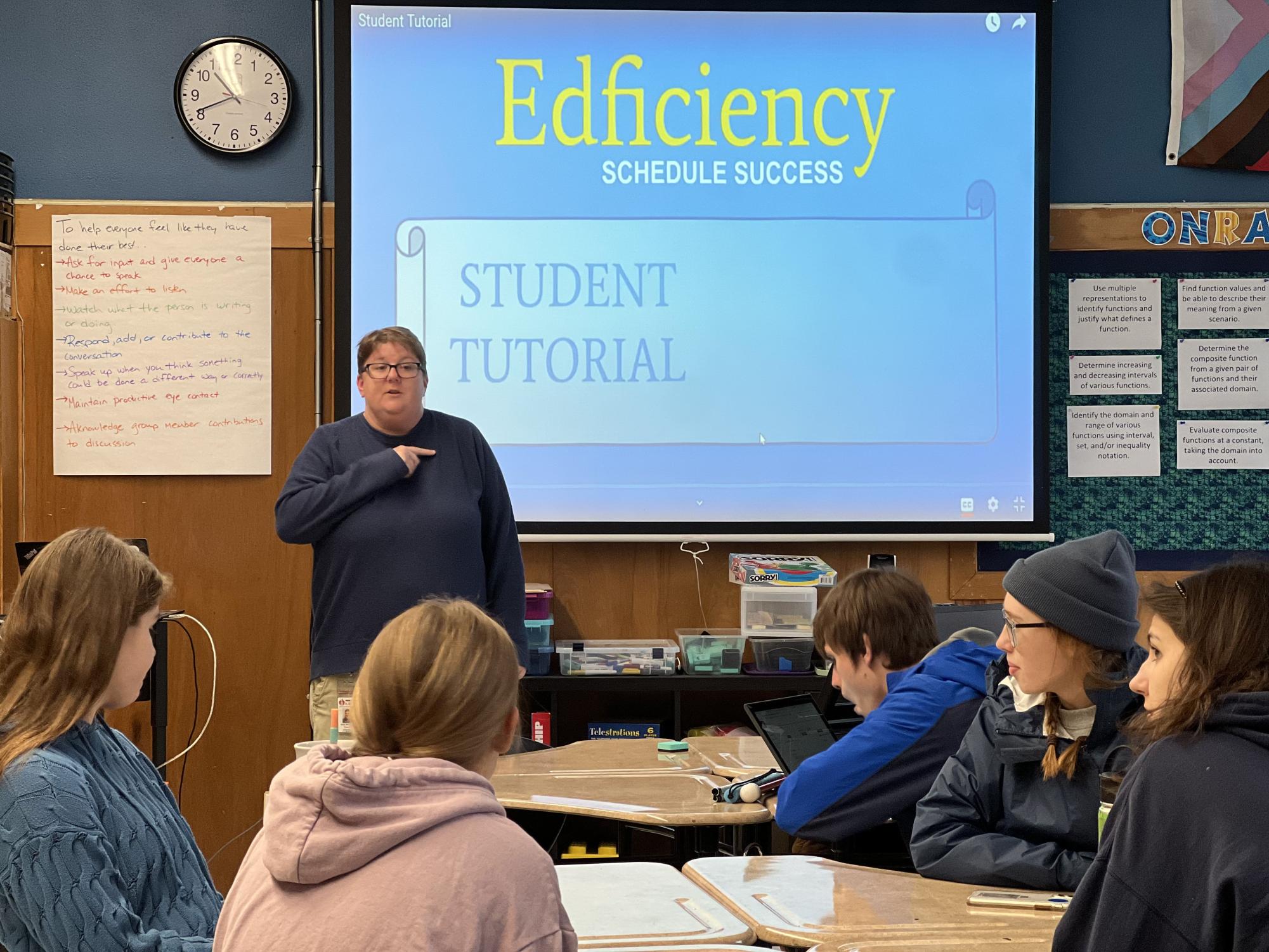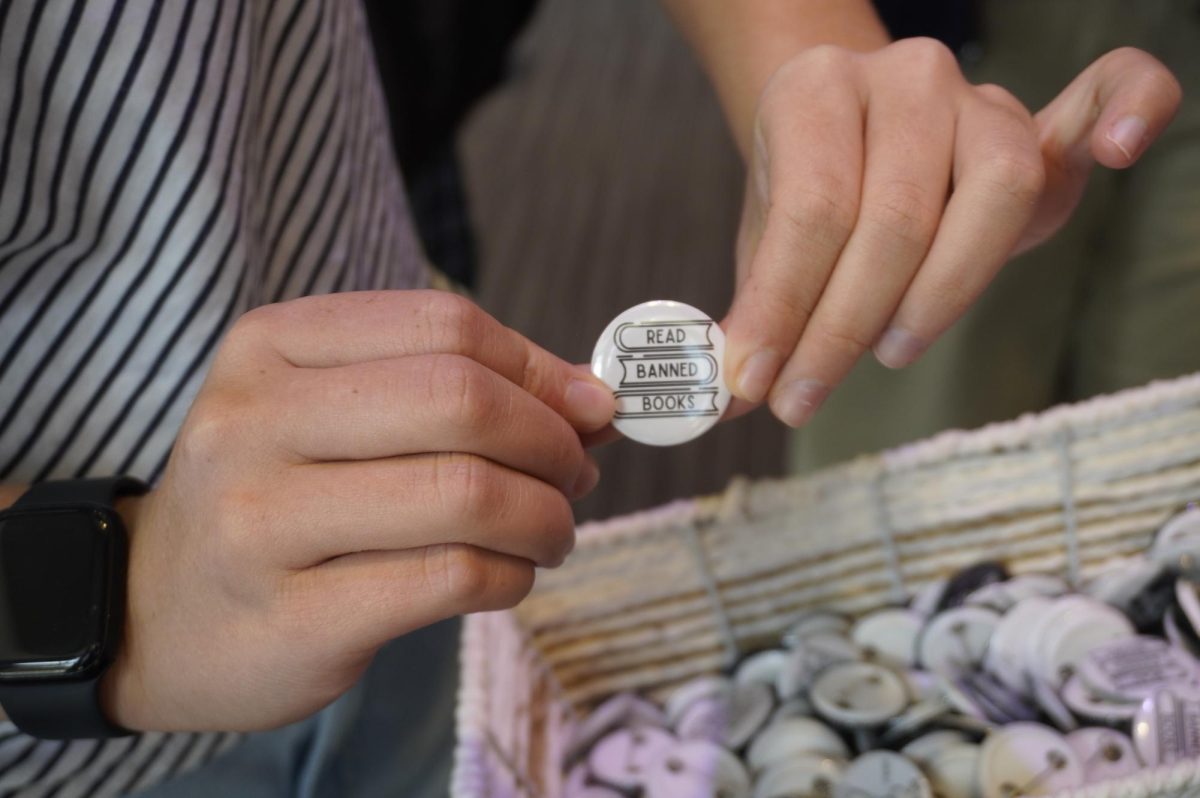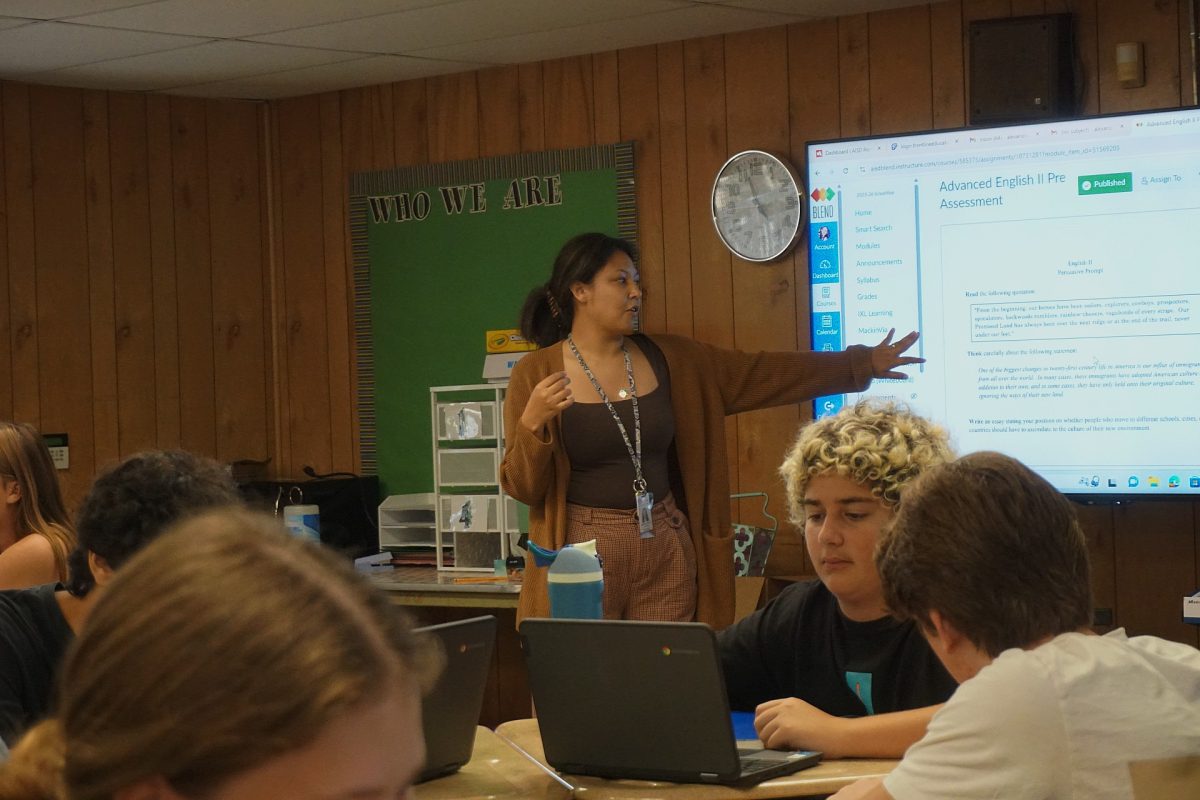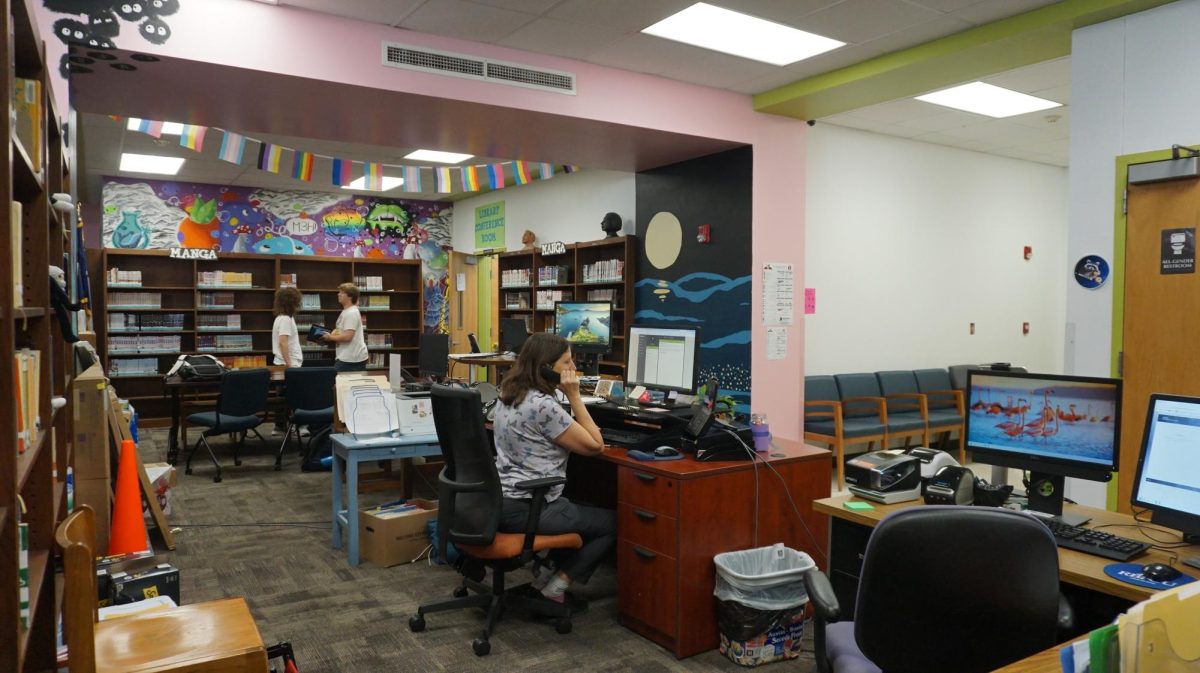Starting this week, McCallum will switch its flexible instruction time scheduling software from Enriching Students to EdFiciency, and will change its FIT policy to allow clubs to meet more often.
Under the new more flexible policy, clubs that meet weekly can meet on Thursdays in addition to Fridays; clubs with monthly meetings can meet on Tuesdays, Thursdays or Fridays.
Principal Andy Baxa says the primary reasons for switching software companies were cost-efficiency and user-friendliness.
“It’s making it a little bit easier for admin and teachers to really know where the kids are,” Baxa said. “The old program wasn’t very user-friendly. So we found out about this new program from Austin High and Anderson [High School], and we started looking into it around October, and we were finally able to get approval to use it in late November.”
The new program will allow students to schedule directly with teachers, have teachers put students into their FIT directly, and enable students to create a “class tier list” that will prioritize their placement with their highest requested teachers in the event that they do not sign up for FIT or if their preferred class is full.
Baxa was motivated to change FIT policy after receiving feedback from students following the initial change in guidelines in November.
“When we originally made changes to FIT, our focus was on improving academics and that was our sole focus,” Baxa said. “We weren’t thinking about some of the other aspects of FIT that kids would enjoy. We didn’t take into account the social and emotional side—the mental health aspect—so that’s what we really heard from the students, and that’s when we really took the time to say ‘OK, let me hear you.’”
Baxa said that in addition to hearing from students directly, he was made aware of student perspectives through fine arts director Dr. Sam Parrott.
“I had a couple of students who approached me about FIT through the lens of clubs, and also through the lens of time and how quickly they are able to focus,” Parrott said. “I had some students who said that a 25-minute period where they are shifting their location and being placed in a new environment makes it really hard to refocus in such a quick time. By the time they are finally readjusted and ready to do the work, the bell rings again. Clubs gave that space where they felt comfortable and felt that it was a space they could express themselves.”
Senior Naptime Club leader William Perkins believes that the changing of policy is part of the solution to a much broader problem on campus: the relationship between admin and students.
“I am really grateful that the administration is listening to students,” Perkins said. “I think that there is a perceived disconnect between students and administrators, but the fact that they decided to make this change proves a closer relationship between the desires of students and the desires of faculty.”
Now equipped with an extra day of “fun-FITs” in his schedule, Perkins hopes to pursue an academic club as well as reform a disbanded club.
“Now that I have the time, I’d love to continue with Naptime FIT, but I also want to participate in UIL Academics because I am the captain for the science team, and I haven’t been able to attend the FITs at all the last month,” Perkins said. “I would love to bring back the Medical Science Club this year. It was initially developed by Vaughn Vandergrift last year, and she kind of left it to me. I didn’t have any intentions of bringing it back, but if there is more time for FIT, I hope to recreate the club, so people can get the connection between medicine and school.”
Baxa added that he will continue to talk with campus staff to implement a “quiet zone” on campus during FIT for students who need a brain break. He named the library or cafeteria as possible options, but neither are confirmed.









Raquel Reichler • Feb 1, 2024 at 2:24 pm
Very informative! I learned a lot from reading this and the information Principal Baxas shared adds a really nice background to the changes.